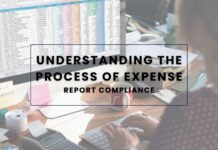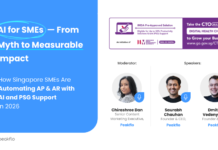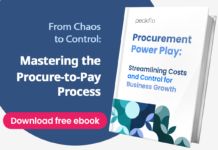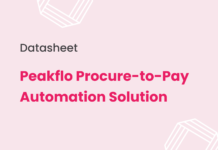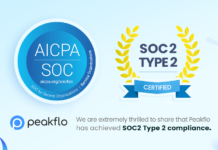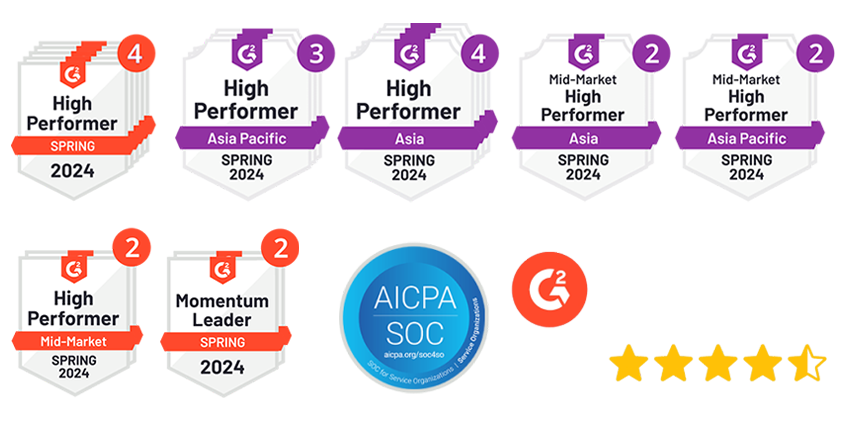Sales representatives spend only 28% of their time actually selling. The remaining hours get consumed by administrative tasks, data entry, and other non-revenue activities. This reality creates a significant challenge for sales teams trying to hit their targets while juggling endless paperwork.
AI agents for sales address this problem by handling repetitive tasks automatically. These digital assistants work alongside your sales team, taking care of lead qualification, follow-up emails, and data management. This allows your representatives to focus on what they do best—building relationships and closing deals.
AI sales agents can engage with leads around the clock, answering questions and guiding prospects through the initial stages of the buying process. They respond to inquiries immediately and provide next steps without human intervention, keeping your pipeline moving while customers receive prompt attention.
These systems excel at more than just automation. AI agents analyze customer data to identify high-quality prospects and personalize outreach messages at scale. They can process vast amounts of customer information to determine which leads are most likely to convert.
Understanding how to implement AI agents effectively can give your sales team a competitive advantage. This guide covers everything you need to know about AI agents for sales, from basic concepts to practical implementation steps and long-term success strategies.
What are AI Sales Agents?
AI sales agents are autonomous applications that handle sales tasks with minimal human supervision. These systems analyze customer data and sales patterns to make decisions, execute actions, and optimize their approach based on results. Unlike traditional sales software that requires constant input, AI agents operate independently within your CRM and sales stack.
The key difference lies in their ability to learn from past interactions and adapt their strategies accordingly. While conventional sales tools follow pre-programmed rules and decision trees, AI agents analyze information, develop plans, and take action based on real-time data.
Definition of AI Agents in Sales
AI sales agents are intelligent systems that perform selling tasks without continuous human involvement. They handle various parts of the sales process—from lead qualification to follow-up communications—allowing sales representatives to focus on relationship building and closing deals.
These agents excel at processing large amounts of data to identify patterns and opportunities. They can engage prospects, answer questions, and guide customers through buying decisions using reasoning capabilities rather than simple rule-following.
Autonomous agents work independently to engage leads, schedule meetings, and manage communications based on available data and intelligent analysis. Assistive agents support human sales representatives by providing coaching, feedback, and task completion assistance.
How AI Agents Differ from Chatbots and Traditional AI
AI sales agents possess significantly more advanced capabilities than standard chatbots. Traditional chatbots operate on rule-based conversations and can only respond to predefined questions, while AI agents can reason through complex scenarios and provide contextual answers.
Chatbots require extensive training on hundreds of sample conversations to understand natural language requests. AI agents implement faster and require less configuration to handle sophisticated sales interactions. Most importantly, AI agents don’t need rule-based dialogue trees or extensive setup to guide conversations effectively.
The ability to handle ambiguity sets AI agents apart from simpler systems. They can make autonomous decisions, execute multi-step strategies, and solve complex problems by thinking through scenarios rather than matching keywords to predetermined responses.
Core Technologies Behind AI Sales Agents
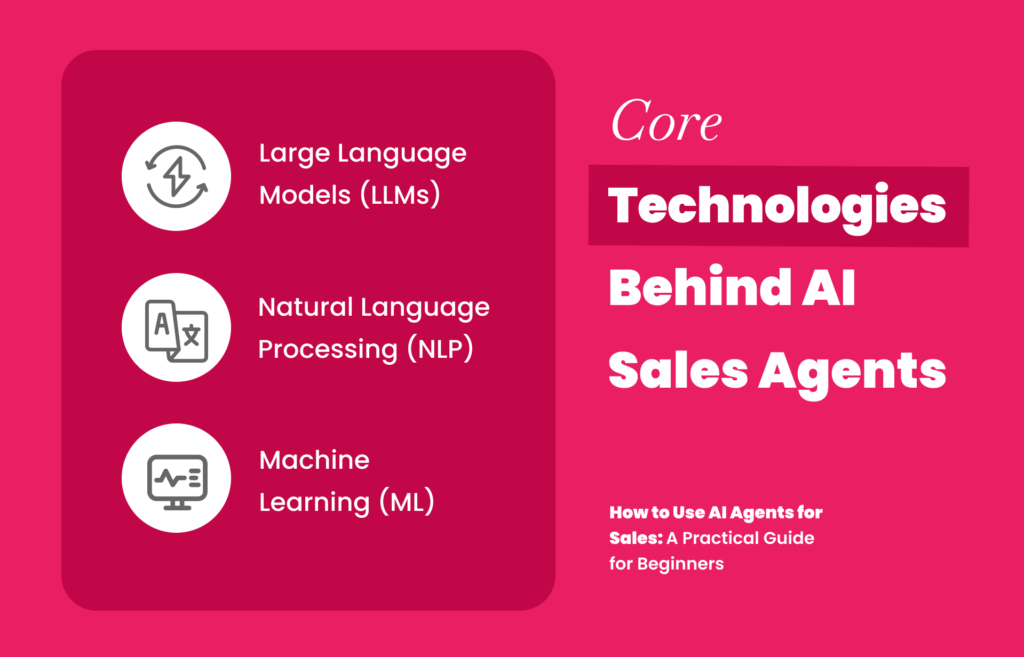
Three fundamental technologies power AI sales agents:
Large Language Models (LLMs) form the foundation for understanding and generating human-like communication. These models help AI agents interpret complex questions, make informed decisions, and respond appropriately to different sales situations.
Natural Language Processing (NLP) enables AI agents to communicate naturally with prospects and customers. Through NLP, they can detect sentiment, identify buying signals, and maintain conversational flow that feels authentic.
Machine Learning (ML) allows continuous improvement through experience. AI agents analyze previous interactions to refine their approach and adapt to different customer types and sales scenarios.
When combined, these technologies create systems that understand context, learn from every interaction, and adjust their behavior to achieve specific sales objectives. Integrated with your CRM, AI agents become intelligent team members that work continuously to support your sales goals.
What AI Agents Can Do for Your Sales Team
AI agents deliver measurable results that directly impact your sales performance. Understanding these benefits helps you see why businesses are adopting this technology to strengthen their sales operations.
Round-the-Clock Customer Support
AI-powered chatbots and virtual assistants provide customer support regardless of time zones or business hours. These systems analyze customer questions and deliver accurate responses without requiring human involvement. They learn from each interaction, developing a better understanding of customer needs over time and offering more relevant recommendations. Potential customers receive immediate attention whenever they reach out, leading to higher satisfaction and better retention rates.
Better Lead Qualification
AI changes how you identify and prioritize sales opportunities. These systems analyze large amounts of data to predict which leads have the highest conversion potential, helping your team focus on valuable prospects. Purpose-built AI solutions examine historical deal data to understand your ideal customer profiles and automatically score new leads using these patterns. This intelligent approach achieves 40-60% accuracy for qualified leads that convert, compared to only 15-25% with manual methods. Your sales team spends more time on prospects likely to buy and less time chasing dead ends.
Personalized Messages at Scale
AI enables you to deliver customized experiences to each prospect without overwhelming your team. Research shows that 69% of sales professionals agree that AI helps them personalize the customer experience. AI analyzes customer data and creates tailored messages for individual prospects, increasing engagement and conversion rates. The results speak for themselves—70% of sales professionals report that AI increases their response rates. This personalization capability addresses a critical need, as 71% of consumers expect more personalized experiences.
Immediate Response to Leads
Response speed directly affects your conversion rates. Companies that respond within five minutes are 10x more likely to make contact than those who wait just 10 minutes longer. AI ensures immediate engagement, addressing the concerning industry average response time of 47 hours. Automated initial contact and qualification eliminates delays and keeps your pipeline active. This rapid response matters because 50% of leads go to the first responder.
Less Administrative Work
AI reduces the administrative burden that consumes your sales team’s time:
- 64% of sales professionals save one to five hours per week using AI to automate manual tasks
- 73% report that AI tools have increased their team’s productivity
- 78% say AI helps them spend more time on important aspects of their role
AI handles data entry, follow-ups, and routine tasks, allowing your team to focus on relationship building and strategic activities. These time savings come with improved accuracy and reduced risk of missed opportunities—common problems with manual processes.
What Can AI Sales Agents Actually Do for Your Business?
AI sales agents work across your entire sales funnel, handling tasks that typically consume hours of your team’s time. These applications show how sales teams are putting AI agents to work in practical, results-driven ways.
Lead generation and scoring
Finding qualified prospects used to mean manually sifting through lists and making educated guesses about who might buy. AI agents change this process completely. These systems analyze customer behavior patterns to predict which users are most likely to purchase your product or service. Machine learning algorithms help AI agents identify behaviors that signal high-quality leads and automatically rank prospects based on their conversion potential.
The scoring system improves continuously as it learns from new data, creating a more accurate way to identify qualified leads. This means your sales team spends time calling prospects who are actually interested instead of working through cold lists.
Customer engagement and follow-ups
Maintaining consistent communication with prospects can eat up significant portions of your day. AI agents handle outbound workflows and communicate directly with potential customers to evaluate how well they align with your business. These systems create personalized messages that go beyond basic segmentation by job title or industry.
Each prospect receives information that addresses their specific needs and pain points. AI enables personalized outreach at scale while maintaining your brand voice across all communications. This consistent engagement keeps prospects moving through your pipeline without requiring constant manual attention.
Sales forecasting and pipeline management
Traditional sales forecasting relied on gut feelings and static spreadsheets. AI-powered systems analyze vast datasets to identify trends with much greater precision. Companies using AI-powered forecasting tools achieve up to 20% better accuracy compared to manual methods.
These systems monitor pipeline activity and market conditions continuously, providing instant updates on pipeline health. AI can identify deals that need attention and suggest specific actions to help you prioritize opportunities most likely to convert. This real-time insight helps sales managers make better decisions about resource allocation and deal strategy.
Sales coaching and training
Many organizations struggle with the time and resources needed for personalized sales training. AI sales coaching addresses this gap by creating tailored practice scenarios using data from customer interactions and CRM systems.
Sales representatives can engage in conversational role-plays that simulate realistic customer objections. They record themselves and receive an AI-generated analysis of their performance. This approach provides consistent coaching that measures everything from accuracy and compliance to empathy.
Automated scheduling and CRM updates
Administrative tasks can save approximately 4+ hours weekly through AI automation of note-taking, follow-up emails, and CRM updates. AI agents can join meetings, transcribe conversations, summarize key points, and automatically update your CRM.
AI scheduling assistants select optimal meeting times based on everyone’s availability, manage calendar conflicts, and send reminders to reduce no-shows. Your CRM data stays accurate and up-to-date without manual data entry, ensuring nothing falls through the cracks.
How to Get Started with AI Sales Agents
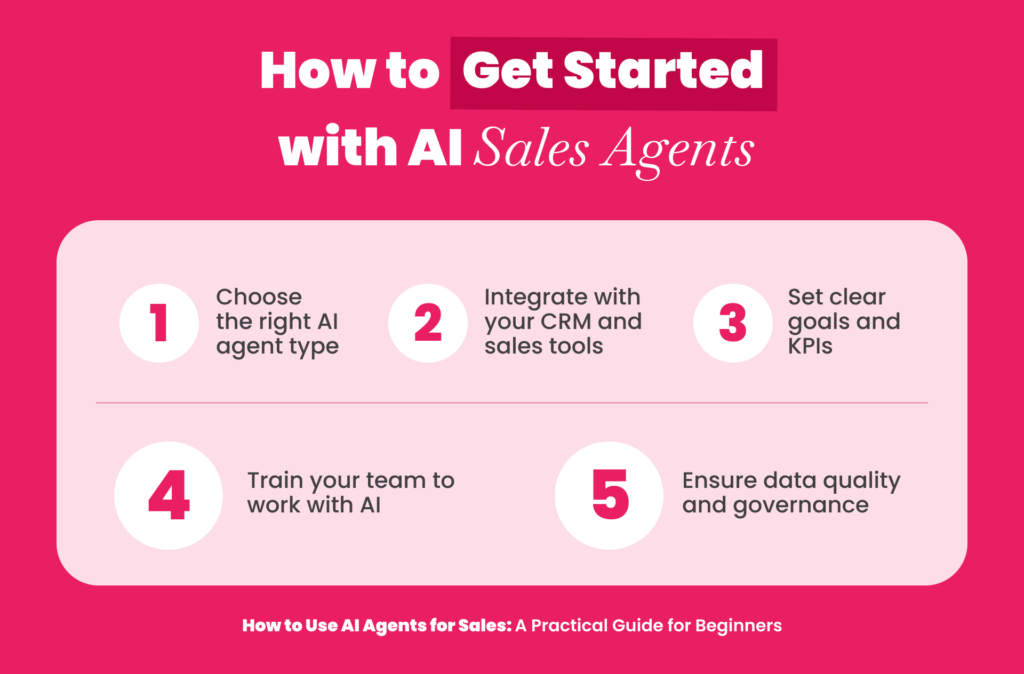
Getting started with AI sales agents requires careful planning and systematic implementation. The success of your AI initiative depends on making the right choices from the beginning and building a solid foundation for your team.
1. Choose the right AI agent type
What type of AI agent fits your sales process? You’ll need to decide between autonomous agents that work independently and assistive agents that support your team with specific tasks. This choice should align with your operational goals and the working environment where agents will function.
Some teams prefer complete automation for routine tasks, while others want AI to act as a smart assistant that requires human oversight. Consider your team’s comfort level with technology and how much control you want to maintain over customer interactions.
2. Integrate with your CRM and sales tools
Your CRM platform needs features that support continuous connection with AI agents. Look for reliable API documentation and webhook support to ensure smooth data flow. The integration should include robust API support and customizations that match your specific business requirements.
When integration works properly, new lead activity gets logged automatically, and follow-up tasks trigger without manual intervention. This seamless connection between systems prevents data silos and keeps your sales process running smoothly.
3. Set clear goals and KPIs
What do you want to achieve with AI sales agents? Define specific objectives before deployment begins. Casting too wide a net can create more confusion than efficiency.
Start with measurable targets like reducing response time by half or achieving 20% more lead conversions. Focus on key metrics such as speed to lead, hold times, customer engagement levels, and task completion rates. These metrics will help you track progress and make adjustments as needed.
4. Train your team to work with AI
Role-specific training works better than general training sessions. Your team needs documented workflows, tutorial videos, and hands-on practice with the integrated system.
Help your sales representatives understand that AI tools enhance rather than replace human capabilities. This perspective encourages better adoption and helps maximize the technology’s impact on your sales results.
5. Ensure data quality and governance
AI agents depend entirely on data quality for effective performance. You’ll need a solid data governance framework that includes data quality, security, privacy, and architecture.
Implement robust data governance policies to ensure accuracy, consistency, and ethical handling of customer information. This framework prevents errors, biases, and inconsistencies while reducing legal and ethical risks. Regular data audits and strategies for identifying bias in training data are equally important for long-term success.
Best Practices for Long-Term Success
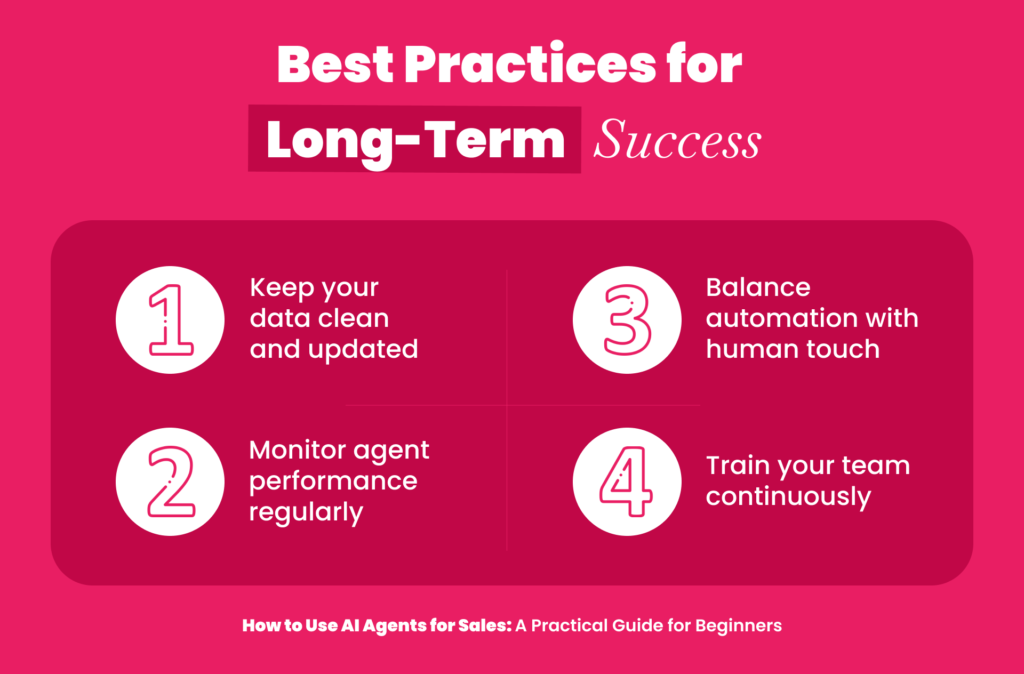
Implementing AI sales agents is just the beginning. Maintaining effectiveness requires ongoing attention to several critical areas that determine whether your investment delivers lasting results.
1. Keep your data clean and updated
AI agents perform only as well as the data they work with. Clean data means eliminating errors, incorrect formats, duplicates, and mislabelings. Poor data quality can cause your AI agents to make incorrect decisions or miss important opportunities.
Establish a data quality framework that ensures accuracy and consistency. Set up validation rules and use picklists to maintain standards across your database. Schedule regular maintenance jobs to automatically merge duplicate records and flag inconsistencies. This proactive approach prevents data decay and keeps your AI agents working with reliable information.
2. Monitor agent performance regularly
Your AI sales agents need regular check-ups to ensure they stay aligned with business objectives. Set up real-time monitoring tools that track interactions and send alerts when performance drops below acceptable levels. Create dashboards that show key metrics tailored to different team members and stakeholders.
Customer feedback provides valuable insights into how well your AI agents are performing. Use satisfaction surveys after interactions to identify areas where the system excels or needs improvement. This feedback loop helps you make necessary adjustments before small issues become bigger problems.
3. Balance automation with human touch
AI agents handle routine tasks efficiently, but human relationships still drive sales success. Top-performing sales teams are 4.9 times more likely to use AI than underperforming teams, yet they don’t rely solely on automation. The most effective approach combines AI efficiency with human expertise.
Use AI agents to identify when prospects need personal attention from your sales team. Set up triggers that escalate complex issues or high-value opportunities to human representatives. This ensures customers receive appropriate levels of service while your team focuses on activities that require human judgment and relationship skills.
4. Train your team continuously
People forget most new information within 24 hours. Regular training keeps your team current with AI capabilities and best practices. Implement ongoing education programs that help your sales representatives understand how to work effectively with AI agents.
AI-powered training systems can create realistic practice scenarios where team members roleplay with customer objections and receive immediate feedback. Schedule regular training sessions quarterly or biannually, and gather feedback from your team about what’s working and what needs improvement. This continuous learning approach ensures your team maximizes the benefits of working with AI agents.
How Peakflo Agentic Workflows and Voice AI Agents Supercharge Sales
Peakflo takes AI sales automation a step further with Agentic Workflows and Voice AI Agents. These tools act as intelligent sales team members, handling repetitive tasks while keeping your pipeline active and prospects engaged.
Agentic Workflows automate multi-step sales processes without constant human oversight. They can qualify leads, send personalized follow-ups, schedule meetings, and update your CRM—all based on real-time data. This ensures that every lead is nurtured efficiently and nothing slips through the cracks.
Voice AI Agents bring a human-like touch to outbound calls. They can reach out to prospects, answer questions, capture responses, and guide leads through the buying journey autonomously. By engaging customers in natural conversations, these agents free your sales representatives to focus on closing high-value deals rather than chasing routine follow-ups.
Together, these solutions not only save hours of administrative work but also improve response times, increase lead conversion rates, and enhance customer engagement. With Peakflo’s AI sales agents, your team can work smarter, respond faster, and focus on building meaningful relationships that drive revenue.
Ready to boost your sales with AI-powered agents? Try Peakflo Voice AI and Agentic Workflows today and see the difference in your pipeline.
A Way Forward
AI sales agents offer a practical solution to a persistent problem in sales organizations. Sales teams spend too much time on administrative work when they should be building relationships and closing deals. These intelligent systems can handle routine tasks, qualify leads, and maintain customer engagement while your team focuses on high-value activities.
The companies seeing the greatest success treat AI agents as team members rather than just tools. They use automation to eliminate busy work while preserving the personal connections that drive sales. This balanced approach allows sales representatives to spend more time on what they do best while AI handles the repetitive tasks that consume valuable hours.
The most effective sales teams of the future will master this collaboration between artificial intelligence and human relationship-building skills. Those who can combine AI efficiency with personal expertise will have a significant competitive advantage in an increasingly crowded marketplace.
FAQs
Q1. What are AI sales agents and how do they differ from traditional chatbots?
AI sales agents are advanced tools that use artificial intelligence to perform sales tasks autonomously. Unlike traditional chatbots, they can reason, make decisions, and execute complex plans without constant human input. They leverage technologies like natural language processing and machine learning to understand context and improve over time.
Q2. What are the main benefits of using AI in sales?
Key benefits include 24/7 customer engagement, improved lead qualification, personalized outreach at scale, faster response times, and reduced manual workload for sales teams. AI enables sales professionals to focus more on relationship-building and strategic activities while automating routine tasks.
Q3. How can AI sales agents improve lead generation and scoring?
AI sales agents analyze customer behavior patterns to predict high-quality leads and automatically rank prospects based on their conversion potential. This dynamic approach continually improves as the system learns from new data, helping sales teams reach qualified leads faster and more efficiently.
Q4. What steps should a company take to implement AI sales agents successfully?
To implement AI sales agents successfully, companies should choose the right agent type, integrate it with existing CRM and sales tools, set clear goals and KPIs, train their team to work with AI, and ensure data quality and governance. It’s crucial to align the AI implementation with operational goals and existing workflows.
Q5. How can sales teams maintain a balance between AI automation and human interaction?
While AI streamlines processes, it’s important not to lose the personal touch. The most effective approach is collaboration, where AI handles repetitive tasks and humans manage relationship-building. Teams should use AI to identify signals indicating when customers need human assistance and continuously train staff to work alongside AI tools effectively.


